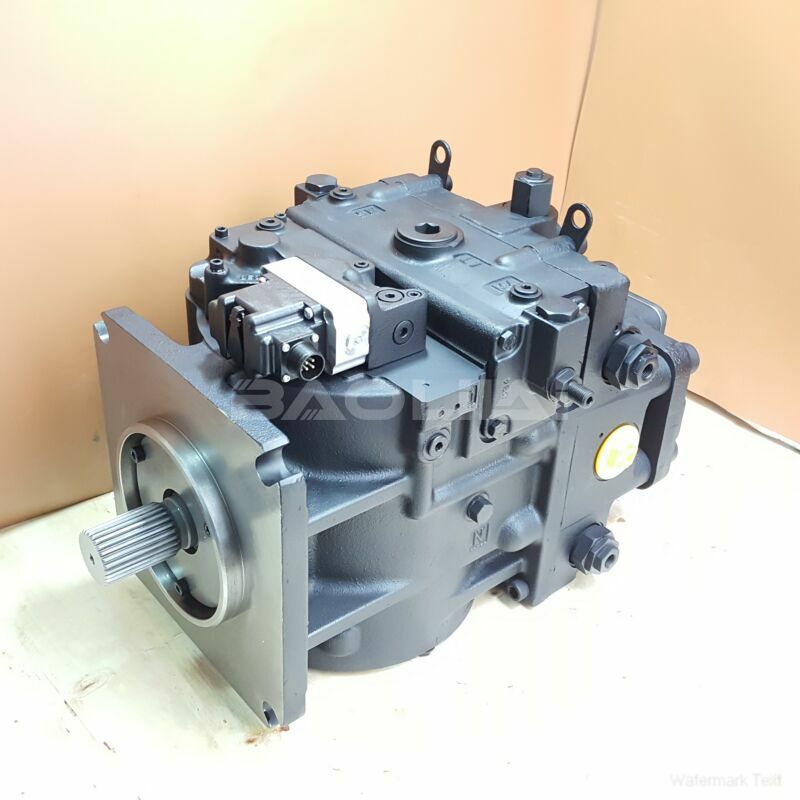90R100KA5CD80P3C7D03GBA454528 piston pump
90R100KA5CD80P3C7D03GBA454528 piston pump

- Product Details
- Applicable Scene
As the world continues to evolve, so do the technologies that drive efficiency and sustainability in industrial applications. Hydraulic systems, particularly those involving Danfoss pumps, are at the forefront of this transformation. The future of hydraulic fluids is poised to play a pivotal role in enhancing system performance, reducing environmental impact, and meeting the increasing demands of industries worldwide.
90R100-KA-5-CD-80-P-3-C7-D-03-GBA-45-45-28
90R100KA5CD80P3C7D03GBA454528
Hydraulic fluids are essential for the operation of hydraulic systems, providing power transfer, heat transfer, and lubrication. Traditionally, these fluids have been mineral-based, raising concerns regarding environmental sustainability and health safety. However, there is a significant shift towards developing alternative hydraulic fluids that are biodegradable, non-toxic, and efficient. Bio-based hydraulic fluids, such as those derived from natural ester oils, are gaining traction as they offer improved environmental compatibility without compromising performance.

80003152
Danfoss has been a pioneer in recognizing these trends and adapting its products accordingly. The company is committed to investing in research and development to explore the formulation of advanced hydraulic fluids that can enhance the operation and efficiency of its pumps. Innovations in this area may include synthetic fluids designed for extreme conditions or fluids specifically engineered to operate efficiently in electric and hybrid hydraulic systems.
As electrification gains momentum, especially with the push for more sustainable industrial solutions, Danfoss pumps can benefit from hydraulic fluids that are optimized for electric actuators and systems. These fluids not only need to meet the traditional standards but also provide enhanced performance in electric-driven applications, ensuring reduced energy consumption and increased operational lifespan.
Moreover, there is a growing emphasis on system integration and smart technology. The hydraulic fluids of the future may be integrated with sensors and IoT capabilities, allowing for real-time monitoring of fluid conditions and system performance. This smart fluid management can lead to predictive maintenance, reducing downtime and enhancing overall system reliability.





